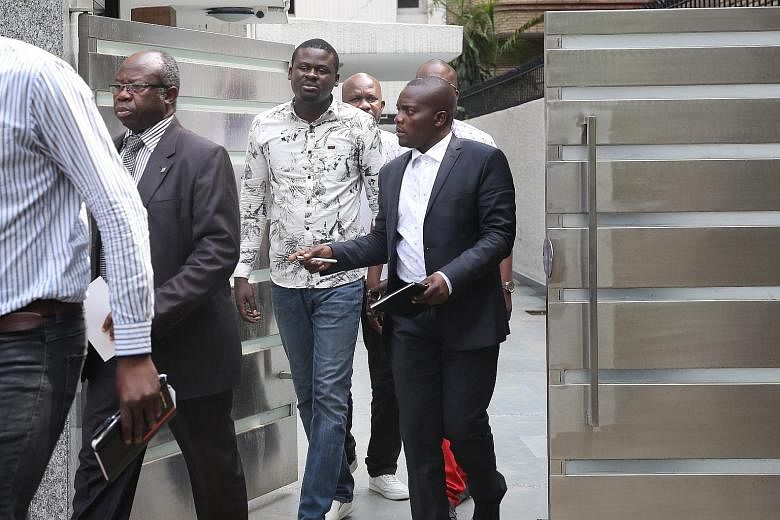India is scrambling to contain the diplomatic fallout from a series of attacks on Africans in the capital city with the arrest of five people and a promise to take steps to improve the security of the community, including increasing patrols in the areas where the incidents took place.
Six Africans, including a priest and his family, were attacked in a South Delhi locality on Thursday.
Mr Kenneth Igbinosa, the priest who was attacked, told local media that a group of men wielding cricket bats blocked the road and broke the windshield of his car as he was returning home with his wife and four-month-old son.
The police, which have filed three cases, are still investigating links among the incidents but have so far ruled out racism.
The attacks came less than a week after 23-year-old Congolese Masunda Kitada Oliver was beaten to death in South Delhi following an altercation with some men over hailing an autorickshaw. Two of the three people involved have been arrested for the murder.
New Delhi has since unveiled an outreach effort to the African community to assuage concerns, with government officials meeting members of the community.
There is also a plan to launch a campaign to sensitise Indians in areas where pockets of Africans reside.
"Ensuring safety and security of foreign students is an article of faith for us," Foreign Secretary of the Ministry of External Affairs S. Jaishankar said at a meeting with a group of African students yesterday.
India has sought to enhance ties with African countries through aid and technology and has hosted annual summits, much like China, in an effort to increase trade links.
But the safety of Africans in India has been an issue, with incidents occurring with increasing frequency.
Thousands of Africans study in different parts of India and often complain about facing discrimination and racism.
In February, a 21-year-old Tanzanian business student was roughed up and her clothes partially ripped off by a mob in the IT hub of Bangalore.
In 2014, three African students were beaten up by a mob at a metro station in Delhi for allegedly misbehaving with a woman.
That same year, four African women were allegedly molested during a raid led by then-Delhi law minister Somnath Bharti as part of a crackdown on "drugs and prostitution".
The recent death of the Congolese student has seen members of the African diplomatic corps seeking "diligent prosecution" in India even as some members last week threatened to stop the flow of African students to India.
In spite of efforts by the Indian government, concerns remained among the African community.
The Association Of African Students in India is organising a protest today against racism.
Mr Ola Jason, 39, who plans to take part in the protest, said there is a sense of insecurity within the community.
"I will not say we are totally happy with the way the government has handled it. At least they are showing some kind of support. But I think it needs more support and stringent action has to be taken," he said. Mr Jason suggested introducing a law that protects foreigners.
Some members of the government have downplayed some of the comments made by senior officials.
Minister of State for External Affairs V.K. Singh called Thursday's attacks a "minor scuffle", while Tourism and Culture Minister Mahesh Sharma said "even Africa is not safe".

